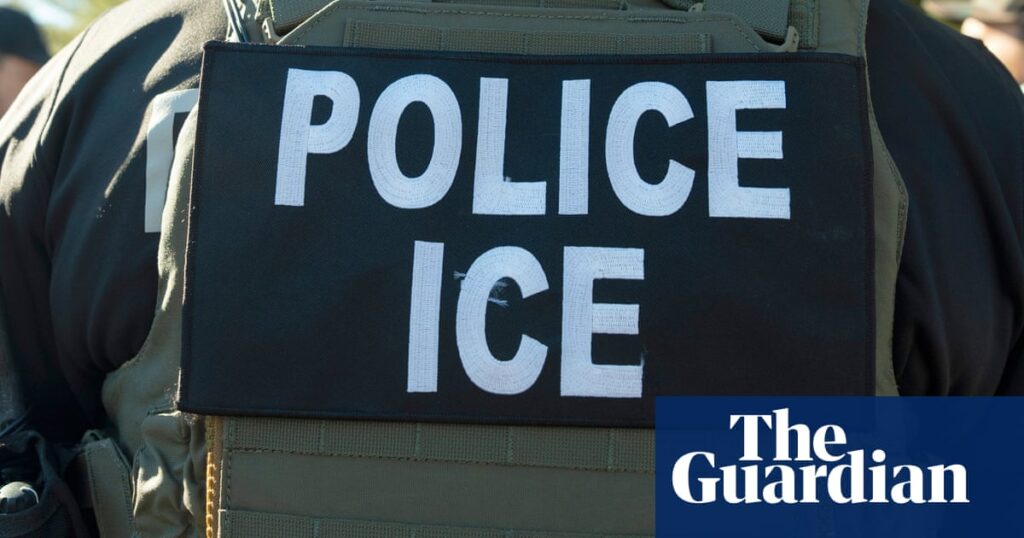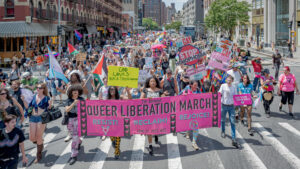
A federal judge has temporarily halted the deportation of eight immigrants to South Sudan, a country ravaged by conflict, marking the latest development in a complex legal battle. This decision came shortly after the Supreme Court had cleared the path for the Trump administration to deport the men, despite their lack of ties to the nation.
On Thursday, the Supreme Court affirmed that U.S. immigration officials have the authority to deport individuals to countries with which they have no connections. However, in an unusual Fourth of July hearing on Friday, District Judge Randolph Moss transferred the case from Washington to Boston, citing Judge Brian Murphy as the most suitable to handle the issues at hand. Murphy’s previous rulings had initially halted the administration’s efforts to deport individuals to the East African nation.
Legal Maneuvering and Judicial Decisions
Judge Moss extended the order preventing deportation until 4:30 p.m. Eastern time, leaving uncertainty over whether Judge Murphy would act further on the federal holiday. Moss emphasized that new claims presented by the immigrants’ lawyers warranted a hearing.
The eight men facing deportation originate from various countries, including Vietnam, South Korea, Mexico, Laos, Cuba, and Myanmar, with only one hailing from South Sudan. All have been convicted of serious crimes, which the Trump administration has highlighted as justification for their removal. Many of these individuals have either completed or are nearing the end of their sentences and have received “orders of removal” mandating their departure from the U.S.
Humanitarian Concerns and Legal Arguments
Lawyers representing the immigrants argue that their clients could encounter “perilous conditions” upon arrival in South Sudan, a nation embroiled in civil war. The U.S. government has issued warnings against travel to South Sudan, advising that individuals should make funeral arrangements before visiting.
The administration has been attempting to deport these immigrants for weeks. They were initially flown to a U.S. naval base in Djibouti but were unable to proceed further due to Judge Murphy’s ruling that no immigrant could be sent to a new country without a court hearing. The Supreme Court overturned that decision last month and issued a new order Thursday night, clarifying that the immigrants could be deported to South Sudan. In response, the immigrants’ lawyers filed an emergency request to halt their removal.
Implications of the Deportation Order
The case was assigned to Judge Moss, who temporarily barred the administration from moving the immigrants from Djibouti to South Sudan until the conclusion of his afternoon hearing. He extended this bar slightly after transferring the case to Judge Murphy. The administration had anticipated flying the immigrants to South Sudan sometime on Friday.
This legal battle highlights the ongoing tension between immigration policies and humanitarian considerations. The Trump administration’s stance on deportation has faced criticism from human rights organizations, which argue that sending individuals to a war-torn country without ties is inhumane.
Looking Ahead: Potential Consequences
The outcome of this case could set a significant precedent for future deportations, particularly concerning individuals with no connections to their designated countries of removal. Legal experts suggest that this case may prompt further scrutiny of immigration policies and their alignment with international human rights standards.
As the legal proceedings continue, the fate of the eight immigrants remains uncertain. The case underscores the complexities of immigration law and the delicate balance between national security and humanitarian obligations.







